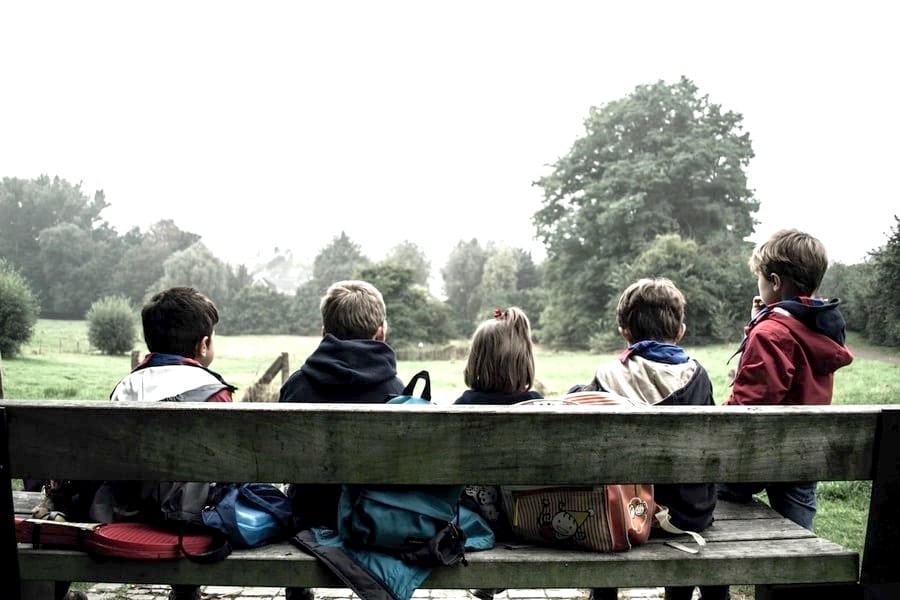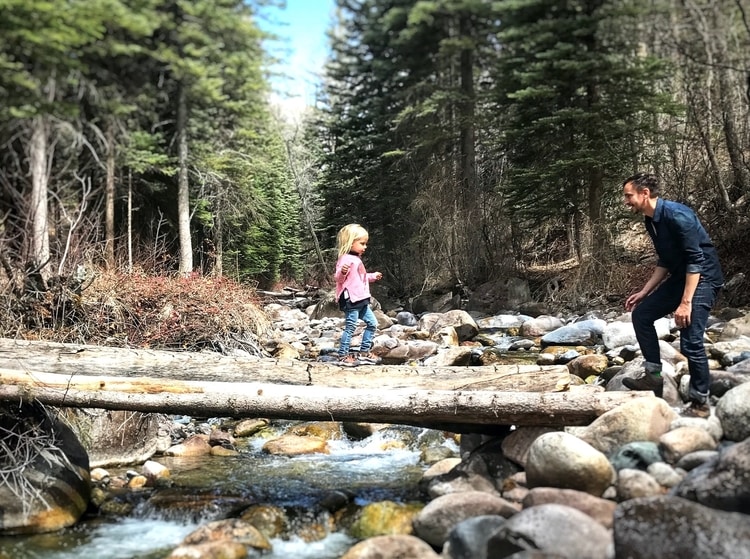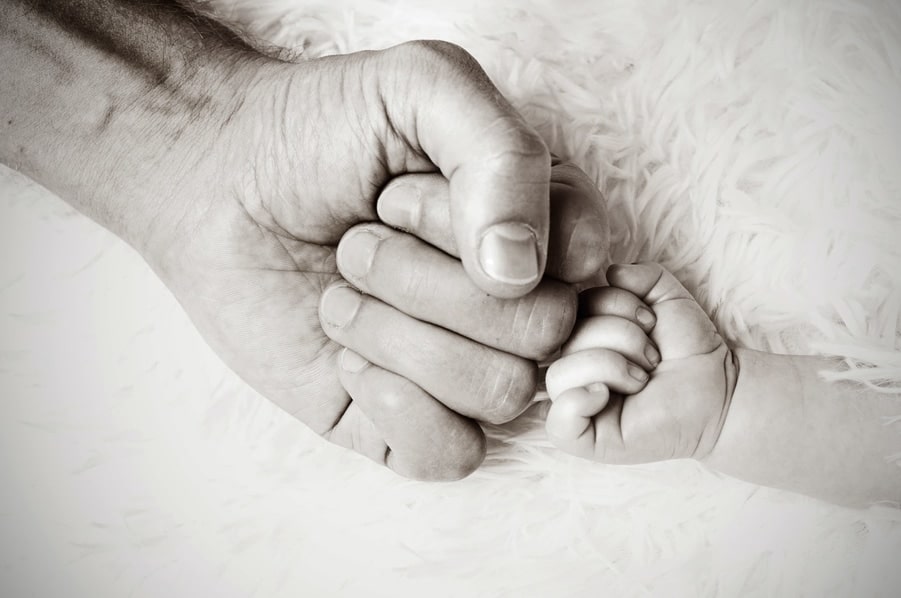When an airline pilot charts his route, he faces the task of remaining on course until he arrives at his destination safely. Many weather factors can cause the plane to drift. As a result, the pilot makes constant adjustments to the many dials and controls that allow him to fly the aircraft. These minor adjustments are frequent, but are required to stay safely on course.
Similarly, the complexity of life presents several factors that sway us off course, and we have several adjustments that we continuously need to make to walk in step with God’s will. In the Bible, these minor adjustments are called “repentance.”
The word “repentance” has become a gloom-ridden word because it has traditionally been used as ammunition to assault the hearers of what is supposed to be, God’s gospel of grace. Yet, Jesus begins his ministry with this type of language.
“The Kingdom of God is at hand. Repent and believe the good news!” – Mark 1:15
How should we think of this? While we now primarily place this word within a negative framework and we associate it with more of turning from something than turning to something, the Bible puts it in more of a positive category, and emphasizes what we should do.
For example, when John the Baptizer calls the religious leaders to repentance, they respond with, “What should we do?” He tells them, “The man with two tunics should share with him who has none, and the one with food should do the same.” – Luke 3:11
He associates repentance with serving the poor and being generous to others who need help. In other words, a call to repentance is a call to serve the desperate and broken world around us. Sure, there are things in our lives that need to go, but there are also widespread needs in our society that require our attention and service.
Repentance is giving a meal to someone who hasn’t eaten in days. It’s loving and selfless to pay someone’s water bill or take them to Walmart to get necessities for their home. It’s a beautiful thing to live others-centered rather than self-centered.
It’s a beautiful thing to engage with the many acts of repentance that God is calling us to. Not just acts of stopping negative behavior, but actions of service towards others.
The next time you hear the word “repent” or “repentance,” you can ask yourself the same thing that the religious people of Jesus’ day asked, “What should I do?”
When that question comes to mind, you can remember this:
Share what you have with others who need it, give sacrificially to those who have less than what you have, live honestly in your dealings with others, and focus your attention outward to the needs of this world.




































